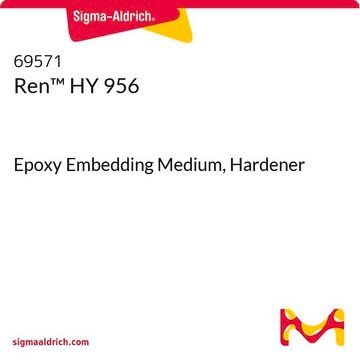45347
Epoxy embedding medium, hardener MNA
≥95.0%
Synonym(s):
Methyl-5-norbornene-2,3-dicarboxylic anhydride, Epon™ MNA substitute, MNA, Methylnorbornene-2,3-dicarboxylic acid anhydride, Methyl nadic anhydride
About This Item
Recommended Products
biological source
synthetic
Quality Level
vapor density
6.1 (20 °C, vs air)
vapor pressure
5 mmHg ( 120 °C)
Assay
≥95.0%
refractive index
n20/D 1.506 (lit.)
n20/D 1.507
density
1.232 g/mL at 25 °C (lit.)
application(s)
hematology
histology
storage temp.
room temp
SMILES string
[H][C@]12C3CC(C(C)=C3)[C@@]1([H])C(=O)OC2=O
InChI
1S/C10H10O3/c1-10-6-3-2-5(4-6)7(10)8(11)13-9(10)12/h2-3,5-7H,4H2,1H3/t5-,6+,7+,10+/m0/s1
InChI key
LTVUCOSIZFEASK-MPXCPUAZSA-N
Looking for similar products? Visit Product Comparison Guide
General description
Application
Legal Information
related product
Signal Word
Danger
Hazard Statements
Precautionary Statements
Hazard Classifications
Acute Tox. 4 Oral - Resp. Sens. 1 - Skin Corr. 1C - Skin Sens. 1
Storage Class Code
8A - Combustible corrosive hazardous materials
WGK
WGK 1
Flash Point(F)
275.0 °F
Flash Point(C)
135 °C
Personal Protective Equipment
Regulatory Listings
Regulatory Listings are mainly provided for chemical products. Only limited information can be provided here for non-chemical products. No entry means none of the components are listed. It is the user’s obligation to ensure the safe and legal use of the product.
FSL
Group 4: Flammable liquids
Type 3 petroleums
Hazardous rank III
Water insoluble liquid
ISHL Indicated Name
Substances Subject to be Indicated Names
ISHL Notified Names
Substances Subject to be Notified Names
JAN Code
45347-250ML-F:
45347-1L-F:
45347-BULK-F:
45347-6X1L-F:
45347-VAR-F:
Choose from one of the most recent versions:
Already Own This Product?
Find documentation for the products that you have recently purchased in the Document Library.
Customers Also Viewed
Our team of scientists has experience in all areas of research including Life Science, Material Science, Chemical Synthesis, Chromatography, Analytical and many others.
Contact Technical Service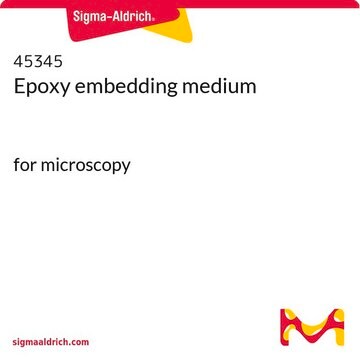
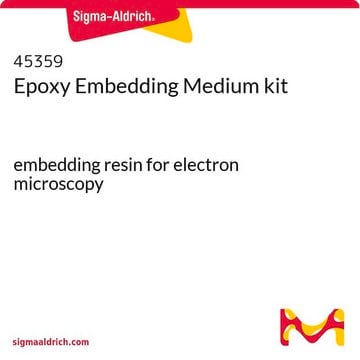




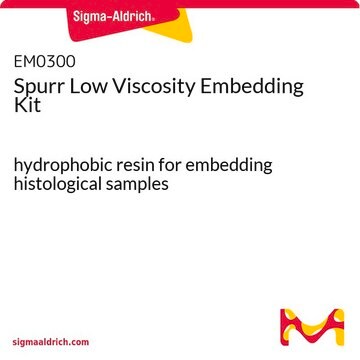

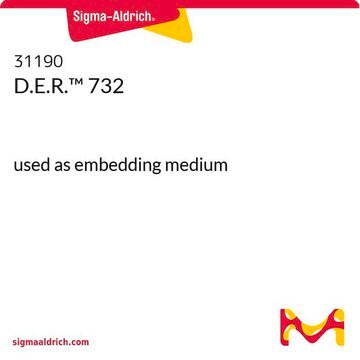
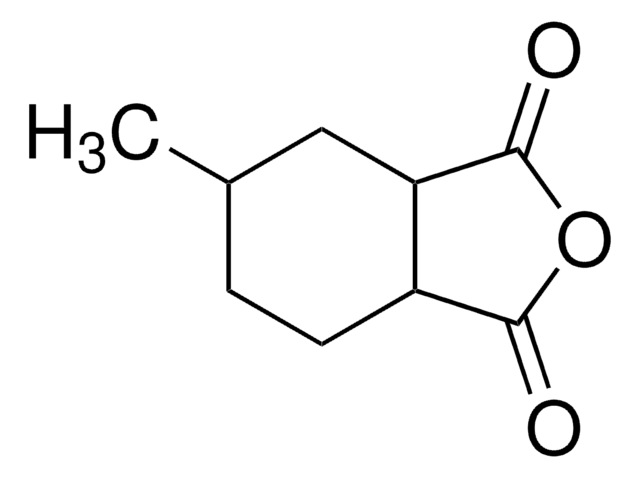



![Bicyclo[2.2.1]hept-5-ene-2,3-dicarboxylic anhydride ≥95.0%](/deepweb/assets/sigmaaldrich/product/structures/463/743/23d4e603-9c88-402a-96a9-68cd71d62279/640/23d4e603-9c88-402a-96a9-68cd71d62279.png)
